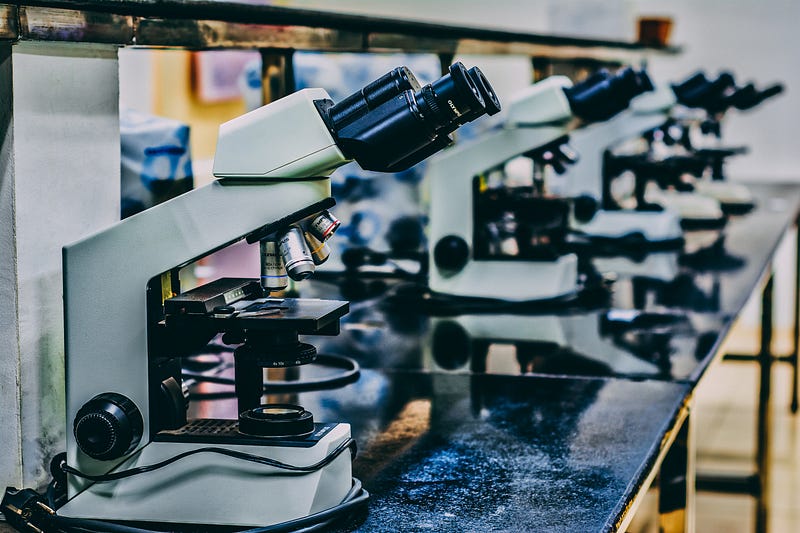The Unmatched Strength of Scientific Inquiry Explained
Written on
The Significance of Science
Science stands out as an invaluable tool due to its inherent objectivity and unique principles. While personal experiences can be influential, they often fall short when compared to the rigor of scientific inquiry.

Photo by Ousa Chea on Unsplash
Human beings are naturally subjective. Our perception of reality is often clouded by personal biases, and evolution suggests that our abilities to perceive the world accurately haven't developed significantly. We tend to rely on heuristics—mental shortcuts that facilitate quick decision-making. While these heuristics serve us well in day-to-day life, they become inadequate in navigating the complex landscape we've created, both socially and technologically.
Fortunately, science offers a solution. But what makes science so essential? I occasionally find myself questioning its value—not because I doubt its importance, but because articulating a non-scientific rationale for science can be challenging. Nonetheless, I can highlight several aspects of its power.
The Role of Objectivity in Science
At its core, science is a framework for falsification. It challenges our assumptions, pushing us away from our biases over time. Humans excel at recognizing patterns, even amidst chaotic datasets. However, our tendency to identify patterns where none exist can lead to confirmation bias, distorting our perceptions.
This is why statistical analysis is crucial in scientific endeavors. In many respects, science can be viewed as a process of disproving hypotheses through statistical evidence. By employing statistics, we can assess the likelihood of observing a particular phenomenon. If the likelihood is low given our assumptions, we must reconsider those assumptions, at least temporarily. This systematic approach is grounded in objectivity.
The Exponential Advantage of Scientific Collaboration

Photo by chuttersnap on Unsplash
Beyond its objectivity, science holds a remarkable power law. Personal experiences may be beneficial, but scientific insights are exponentially more advantageous. Understanding nature resembles assembling an extraordinarily intricate puzzle without knowing the final image. Each individual may possess a few pieces, and throughout our lives, we may collect thousands.
Through scientific exploration, we collectively gather these pieces and attempt to fit them together. For every inquiry, there are often hundreds, if not thousands, of researchers worldwide working to contribute their pieces. Each day, we are awake and engaged for approximately 16 hours, even when not consciously contemplating our puzzle. In just one year, we accumulate 5,844 hours of experience.
This figure is impressive, but consider that if a scientist dedicates only 2 hours daily to a research question, and there are 100 researchers focused on similar topics, they collectively gather over 730,000 hours of experience annually. Through collaborative scientific discourse, all participants benefit from this vast reservoir of knowledge.
Globally, millions of scientists are working together, allowing us to build upon the insights of those who came before us. The methodologies that facilitate this aggregation of knowledge, such as systematic reviews and meta-analyses, play a vital role. A single systematic review can encapsulate findings from dozens or even hundreds of studies, representing thousands of hours of research.
Concluding Thoughts
Ultimately, personal experiences, no matter how varied, pale in comparison to the cumulative power of scientific inquiry. This is especially true when combined with structured efforts to recognize our own cognitive limitations and the statistical analyses that mitigate subjective biases. Science proves to be far more potent than individual experiences, and in only a few subjective cases is there justification to favor personal insights over scientific evidence.
Further Reading
Abusing the Null Hypothesis
Certain mathematical concepts, commonly utilized as the null hypothesis, are frequently misused.
Towards Better Science Communication
The Freelance Journalism Alliance advocates for effective science communication.
The Nature of Science
This video delves into the foundational aspects of science and its role in understanding the universe.
Understanding Science
In this video, viewers explore the definition of science and its significance in modern society.